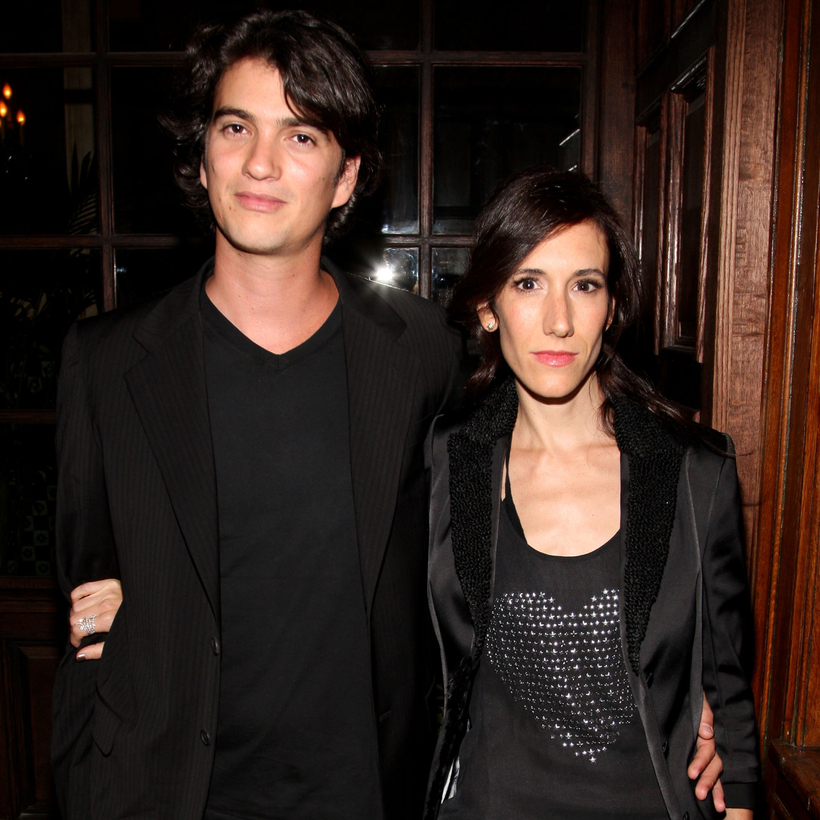When I started reporting my book about the rise and fall of Adam Neumann and WeWork—the most spectacular I.P.O. collapse in American business history—there were a seemingly endless number of kooky leads I wanted to track down. There were the stories about Neumann’s pre-WeWork baby-apparel business, clothes kitted out with kneepads to enhance crawling comfort (fun fact: Sarah Palin dressed her son in one of Neumann’s rompers at the 2008 Republican National Convention); his relationship to Jared Kushner (Neumann beat him at arm wrestling—twice); and a story about how Rebekah, Neumann’s wife, micro-managed the rock band at WeWork’s elementary school.
But the thing I wanted to find most of all was a copy of “Awake,” a short film the Neumanns self-financed in 2010, the year WeWork was founded. Rebekah, who is Gwyneth Paltrow’s cousin, was trying to make it as an actress at the time. She played the lead role alongside a star-studded cast: Rosario Dawson, Sean Lennon, and Lynn Cohen. As I talked to early WeWork employees and found people who had worked on the crew, almost none of them had ever seen the final cut. All they could tell me was that the plot seemed to have something to do with meditation, that it was the most expensive short film they had ever worked on, and that Rebekah had been especially difficult to work with. The film seemed to echo WeWork’s rise and fall—it contained excess, celebrity, narcissism, and mindfulness, all packed into 15 minutes of screen time. “Let me know if you find it,” the assistant director told me.

